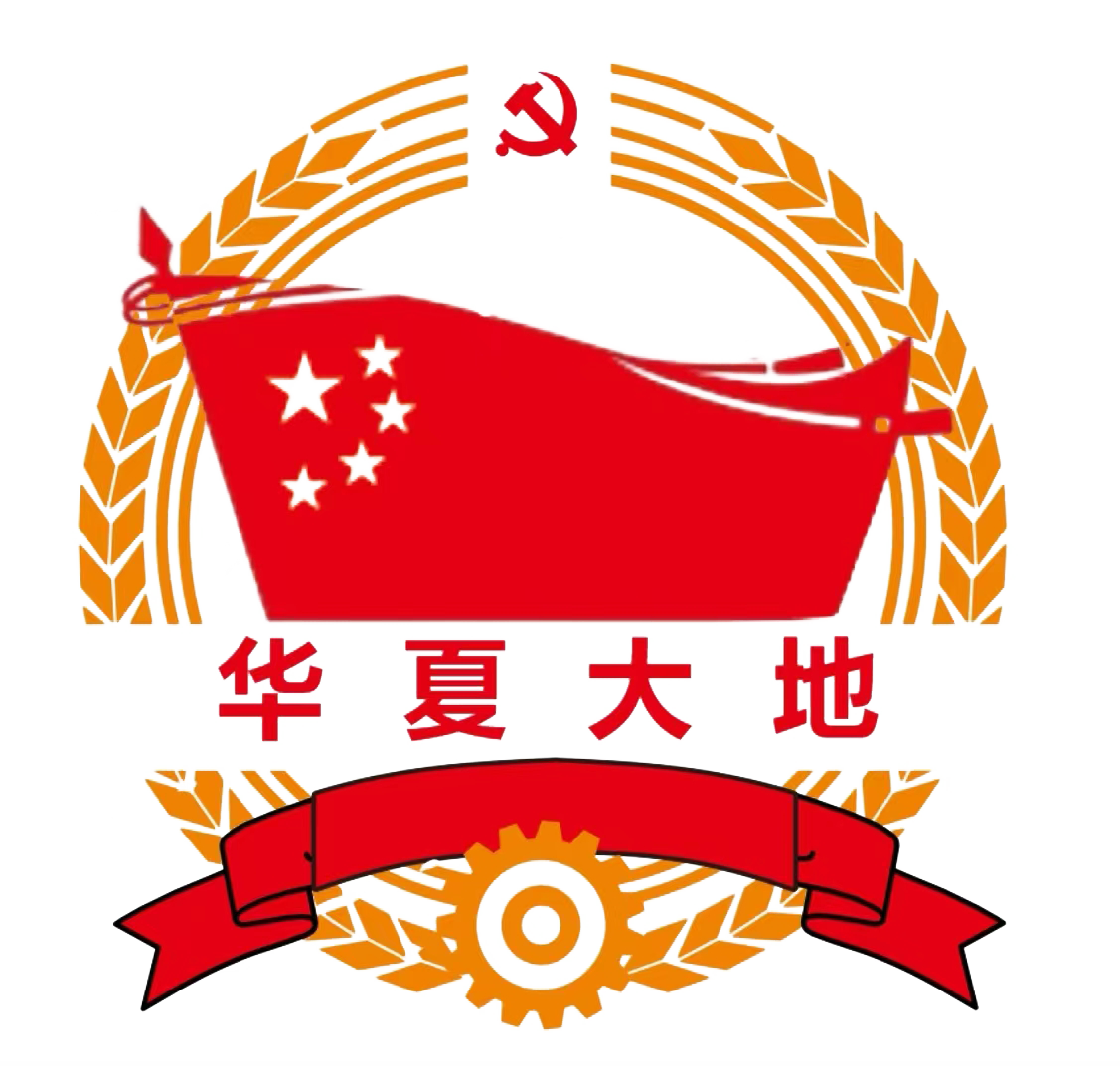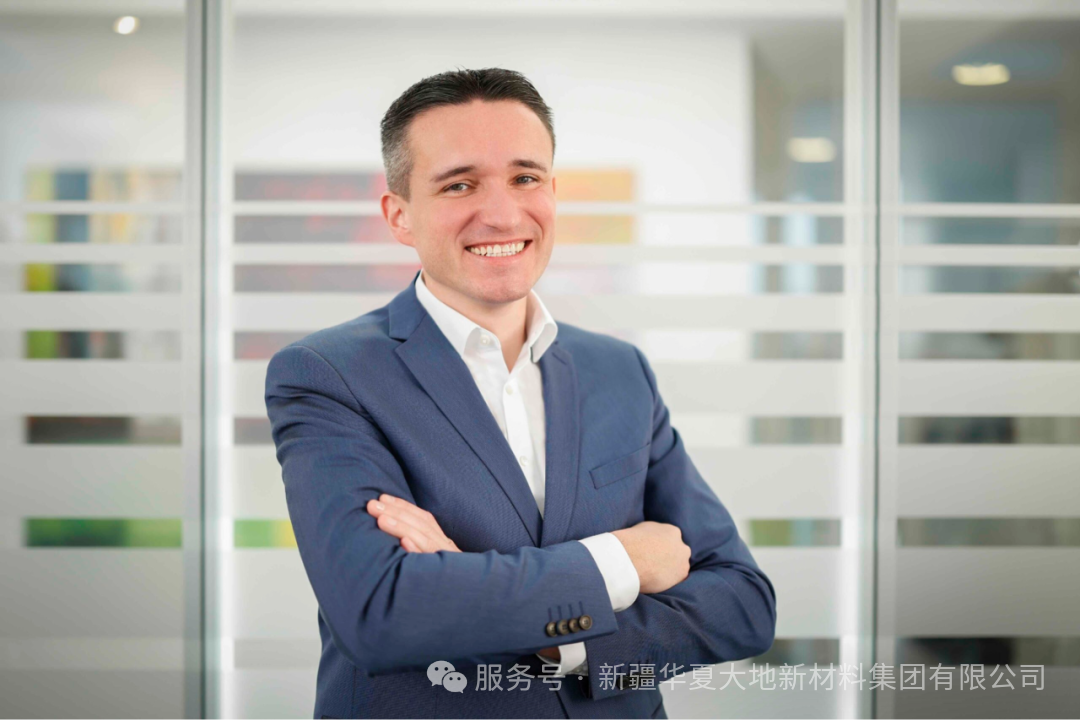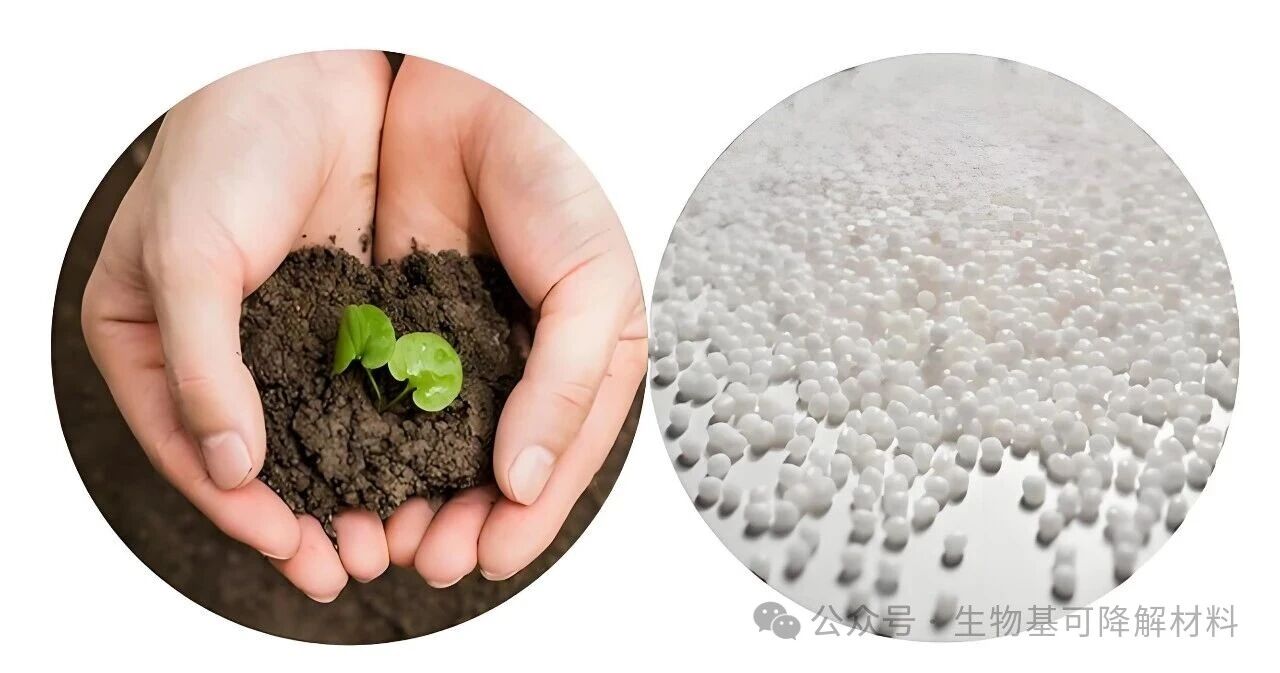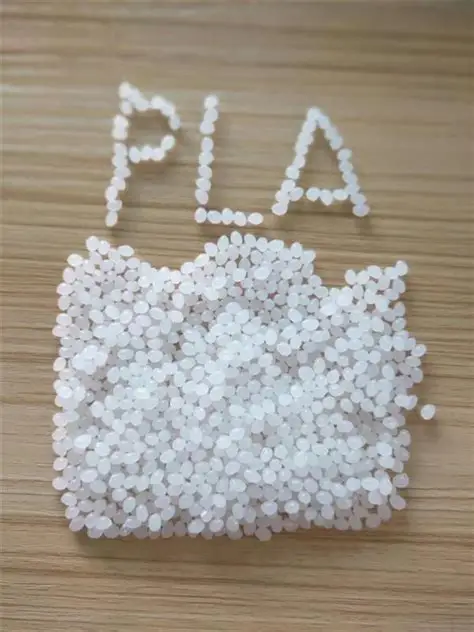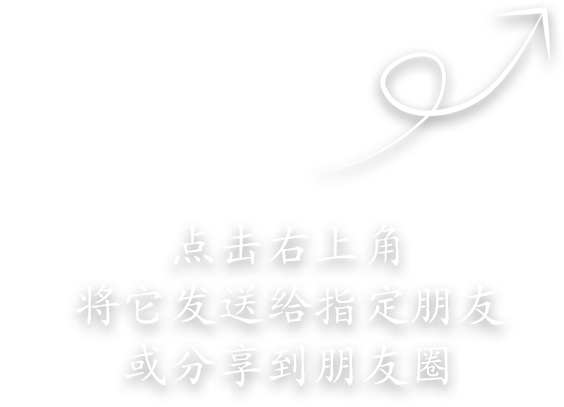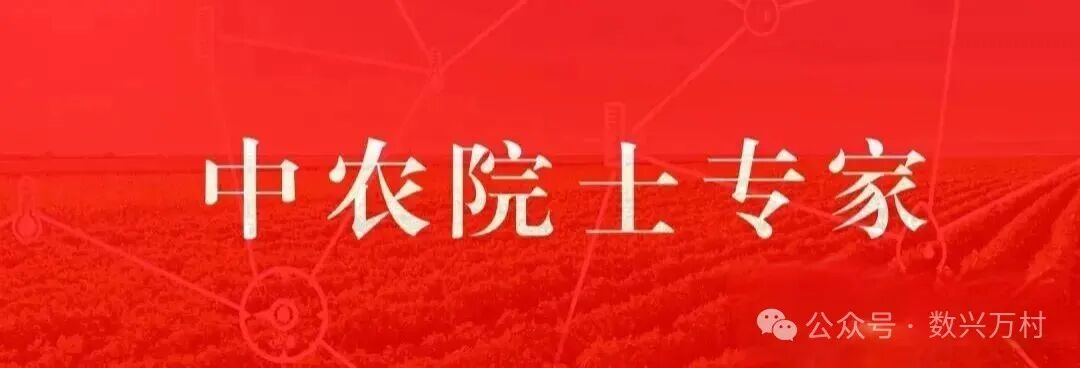
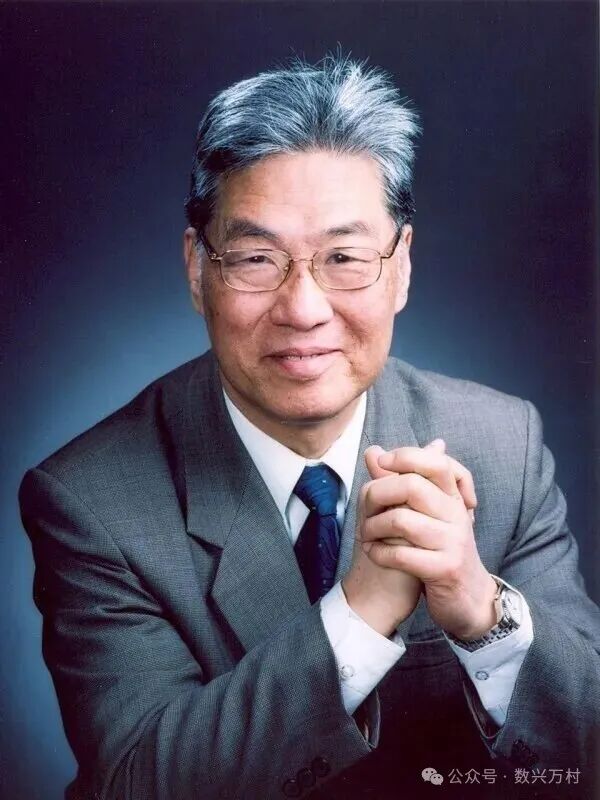 (Academician Zhang Quansheng of the Chinese Academy of Engineering)
(Academician Zhang Quansheng of the Chinese Academy of Engineering)
Academician Zhang Quanxing: Overcoming "White Pollution" and Guarding "Green Mountains and Clear Waters"
Original Title: From "Water Management" to "Material Management", Zhang Quansheng's "Green Long March"
Water pollution is a problem that most people avoid at all costs. However, he believes that there is great potential in wastewater and has developed an original "resin adsorption" technology to "mine gold" from wastewater. Nowadays, in the wave of technological empowerment for green development, this scientist, who has dedicated his entire life to environmental governance, has led his team to focus on "white pollution" and carry out the research and industrialization of green polylactic acid series environmentally friendly materials. He is Zhang Quansheng, a professor at the School of Environment of Nanjing University and a member of the Chinese Academy of Engineering. Because he has been working on the front line of environmental governance for decades, this 80-year-old academician is also affectionately called "the guardian of green mountains and clear waters" by everyone.
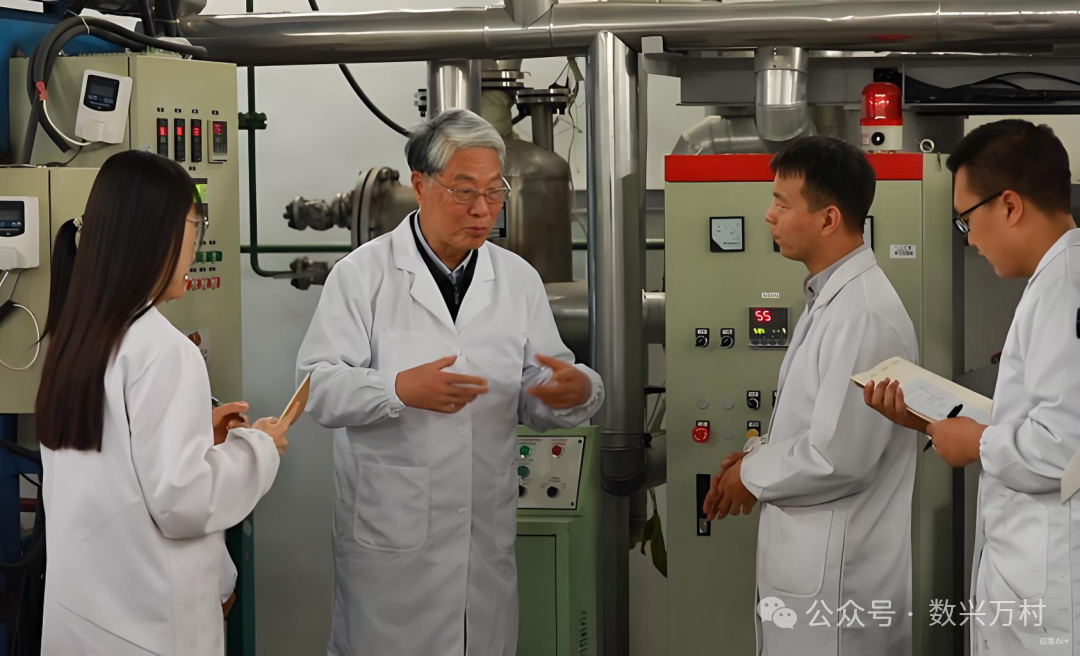
Zhang Quanxing was communicating with the students in the laboratory.
Once "panning for gold" in sewage
Now striving to tackle "white pollution"
In the field of environmental pollution control both domestically and internationally, the water pollution prevention and treatment and resin adsorption technology led by Zhang Quanxing team enjoys a high reputation. Unlike the traditional approach of "only purification without recycling", Zhang Quanxing believes that wastewater treatment should focus on resource utilization, recovering toxic organic or inorganic substances to "transform waste into treasure". He was the first to introduce the macroporous resin adsorption technology into the field of environmental engineering and developed an original "resin adsorption" technology. In the treatment of organic chemical wastewater pollution, it achieves "two birds with one stone": not only purifies the water, but also turns harmful substances into a useful raw material for recycling.
If sewage is Zhang Quanxing's "old adversary", then "white pollution" has become his new battlefield in recent years. The key to solving this problem lies in polylactic acid, a material made from renewable resources such as corn and straw, which can achieve complete degradation "from nature to nature".
Over the past 10 years, our team has been concentrating on the key technological research for the industrial production of bio-based new materials such as polylactic acid. Jiang Wei, a professor-level senior engineer from Zhang Quanxing's research group, introduced that they have developed a series of efficient catalysts and the corresponding continuous polymerization processes, achieving a breakthrough in the polylactic acid synthesis technology based on efficient catalysis, and breaking the foreign technological monopoly.
From the laboratory pilot tests to the pilot-scale production, and finally to the industrial-scale mass production, each step is fraught with difficulties. During the process of engineering scale-up, continuous production faces problems such as poor reaction stability, equipment coking, and wide molecular weight distribution of the product. "At a critical moment, Academician Zhang, who was already in his eighties, went deep into the production front line and worked with everyone to optimize the reactor design, improve the thermodynamic control strategy, and innovatively introduce multi-level continuous polymerization and granulation technologies. Eventually, a continuous and stable operation for large-scale production was achieved." Jiang Wei said, "It was under the leadership of Zhang Quanxing that the team was able to push the polylactic acid material from the laboratory to large-scale application. They successfully crossed the gap from 10 tons per year in the laboratory to 5,000 tons per year in the industrialization, forming a complete set of process packages with independent intellectual property rights, providing solid technical support for solving the 'white pollution' problem."
Persist in continuous research and never stop
Make the green industry a reality and turn it into a source of wealth
The steps of scientific research exploration never cease. After successfully achieving large-scale production, the team now turns its attention to the more advanced field of performance optimization, dedicated to the precise regulation of high-performance polylactic acid materials.
"Common polylactic acid has poor heat resistance, with a glass transition temperature of only about 60℃ and insufficient toughness. It cannot be applied in high-temperature scenarios such as heat-resistant fibers, automotive interiors, and electronic device casings." Jiang Wei said that the team focused on the polymerization reaction kinetics and molecular chain structure design. By introducing a new type of polymer catalyst system and regulating the stereoconfiguration, they developed heat-resistant high-performance polylactic acid materials.
While promoting technological innovation, Zhang Quanxing placed greater emphasis on converting scientific research achievements into practical productive capabilities, and was committed to the high-value application of polylactic acid materials. With the support of Nanjing University and the Nanjing Municipal Government, the Nanjing Quankai Biobased Materials Research Institute came into being. During the synthesis process of polylactic acid materials, the most crucial step is the synthesis of the intermediate compound, caprolactone. The industrial synthesis technology of caprolactone has long been monopolized by foreign enterprises, posing a significant challenge to the development of the domestic polylactic acid industry. After the establishment of the Quankai Biobased Materials Research Institute, with the strong support of the original basic research, Zhang Quanxing's team continued to work hard and made significant progress in the synthesis technology of caprolactone. Currently, the institute has established a demonstration line for the large-scale production of caprolactone and polylactic acid.
"At present, we have also jointly established a green environmental-friendly materials research institute company with an industrial group, and have built a continuous production line for polylactic acid with a capacity of 5,000 tons per year." Jiang Wei introduced, "This project integrates the previous process optimization results of Nanjing University and has achieved stable production of polylactic acid resin. The product performance has reached the advanced level in the industry. On this basis, the team has jointly developed the application technology of polylactic acid fibers with the enterprise. Through cooperation with downstream textile enterprises, polylactic acid resin is processed into fully degradable textile fibers for use in clothing, home textiles, and other fields. "According to estimates, after the project reaches full production, the annual sales volume is expected to exceed 200 million yuan. At the same time, it will reduce the use of about 10,000 tons of petroleum-based plastics and reduce carbon emissions by over 30,000 tons per year. While creating significant economic benefits, it also provides a demonstration sample for regional green and low-carbon development."
Emphasize "practical work, hard work, and smart work"
Train more successors for environmental protection causes
In the hearts of the team members, Zhang Quanxing is not only a leader in research but also a practical person. He speaks less but does more. His actions speak louder than words. He has always advocated a team style of "speaking less and getting down to practical work". He often reminds everyone: "Empty talk in experimental science and engineering science is of no use. One must do practical and hard work, not just blindly act, but do it smartly."
In 2022, at the age of 84, Academician Zhang remained energetic and full of vitality. When communicating with industry partners, he personally presented the team's progress in the iterative development of core catalysts, jointly discussed the commissioning and debugging strategies for the pilot production line, set the goal of "prioritizing safety and achieving successful commissioning within the year", and led the young key personnel to rapidly grow in real industrial scenarios. Jiang Wei said, in terms of research, Academician Zhang adhered to the principle of "teaching people how to fish", requiring students to have the experience of independently undertaking a complete project, so that they could both conduct research and handle engineering tasks. In life, he was even more generous towards others, and for a long time, he used part of the research income to support students, relieving them of their worries.
Facing the achievements made in environmental protection work at present, Zhang Quanxing has always maintained a rigorous and cautious attitude. "Environmental governance is a long-term task that requires continuous efforts from young teachers and young students," he believes. As a rapidly developing country, China will continue to encounter new pollution challenges during its development process. Therefore, it is necessary to cultivate more and better young scientific and technological talents, especially to cultivate outstanding leaders and successors. "As long as my body is healthy, I will continue to strive for the country! If I can't do it anymore, there will be students who can do it, and those students' students will continue it generation after generation."
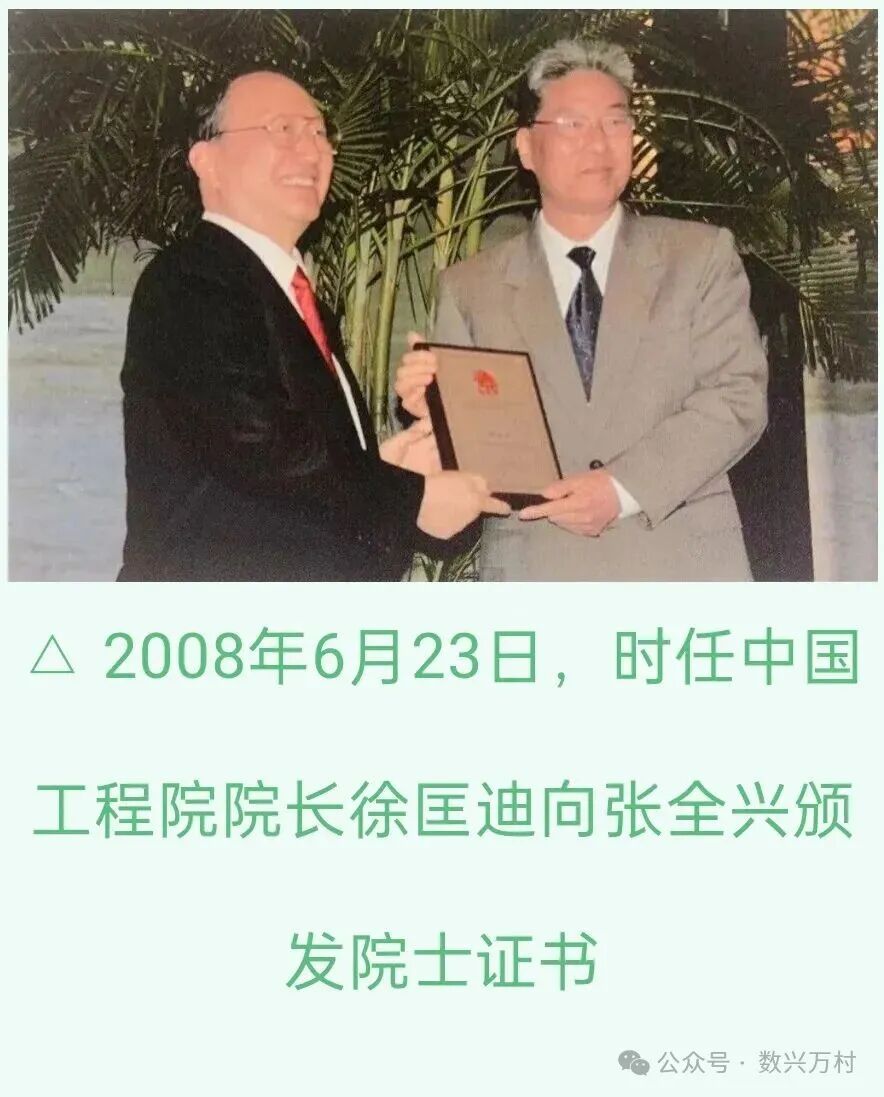
Zhang Quanxing (1938.12 - ), a native of Changzhou, Jiangsu Province. An expert in environmental engineering and polymer materials, one of the main pioneers of ion exchange and adsorption technology in China, and the founder of the resin adsorption method for treating toxic organic industrial wastewater and the field of its resource utilization. He graduated from the Chemistry Department of Nankai University in 1962 and was awarded the title of National Model Teacher in 2009. Currently, he is a professor at the School of Environment of Nanjing University, a doctoral supervisor, the director of the Academic Committee of the School, the honorary director of the National Engineering Research Center for Organic Toxic Substance Control and Resource Utilization of Nanjing University, the deputy director of the Expert Committee for Lake Tai Pollution Control and Blue Algae Control in Jiangsu Province, the chief editor of the journal "Ion Exchange and Adsorption", and a member of the National Environmental Advisory Committee. He has also held positions such as the director of the Environmental Engineering Teaching and Research Office at Nanjing University, the deputy director of the Institute of Environmental Science, the director of provincial and national engineering research centers, and the third and sixth members of the Science and Technology Commission of the Ministry of Education in the Geology and Resource Environment Division. From 1962 until 1985, he studied under Academician He Binglin of Nankai University and was the first in China to conduct research on the synthesis and application of macroporous ion exchange and adsorption resins, successfully developing a series of macroporous ion exchange resins and ultra-high cross-linking adsorption resins, which have been widely applied in industrial water treatment, organic catalysis, uranium and precious metal extraction, drug extraction and separation, human blood perfusion, and environmental protection.
Academician Zhang Quanxing: Achievements are made through hard work; paths are forged through perseverance. We should avoid empty talk, clichés and grandiose statements; instead, we should be practical, diligent and "roll up our sleeves and work hard".
